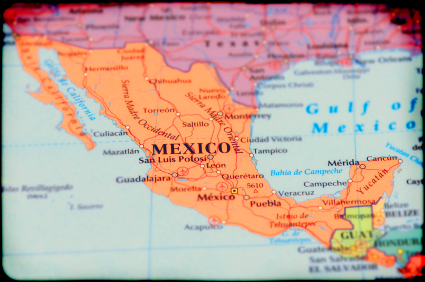
Well, as surely as the moon follows the sun in the progression from day to night, it had to happen. Follow the breadcrumbs here:
- First, President Trump declares, USMCA deal notwithstanding, that he is going to assess heavy tariffs against Mexican goods entering the United States because that country is doing nothing to stop illegal migration either from its own citizens or its southern neighbors headed north to cross our border illegally (see here and here).
- Then Mexico signals that it is ready to talk a deal, which could possibly even include a bilateral agreement to take back Central Americans who could — but choose not to — seek asylum in Mexico if they were truly in fear of persecution or their lives in their own countries.
- All of a sudden, migrant advocates in the United States, seeing the possible writing on the wall, begin to suggest that Mexico is not a safe country for Central Americans to seek asylum, and therefore no bilateral agreement according Mexico "safe third nation" status could possibly meet the requirements of international or U.S. law.
This latter argument is apparently based on the violence that takes place in Mexico's northern border cities. It is, of course, a last-ditch effort designed to undermine administration efforts to curb the ongoing tidal wave of humans abusing our border through illegal entry.
But that argument overlooks the fact that the human smuggling trade into the United States has become so lucrative that it, itself, is fueling a lot of the cartel infighting that takes place in those cities. Changing the status quo would do much to deflate the profits, and absent profit there is little incentive for the gangs to fight over predominance.
I don't suggest that there isn't also drug-related violence taking place in those same cities that act as gateways to the United States, not just for legitimate goods but also for illicit narcotics and people. But if that is the measure of what constitutes "safe", how do we square such an argument with the amount of drug- and gang-related violence — not to mention human trafficking as well — that is taking place in major American communities throughout the continent? Chicago comes readily to mind, as do Baltimore, Detroit, and even the District of Columbia, Kansas City, and St. Louis. Notwithstanding which, would anyone call the United States "unsafe"? I doubt it.
No country is capable of affording absolute security to either its citizenry or resident aliens and refugees/asylees. So if Mexico is too unsafe for asylum seekers, perhaps the administration should just announce that the United States is equally unsafe and declare a moratorium on accepting any more asylum applicants in the interest of saving their lives.
